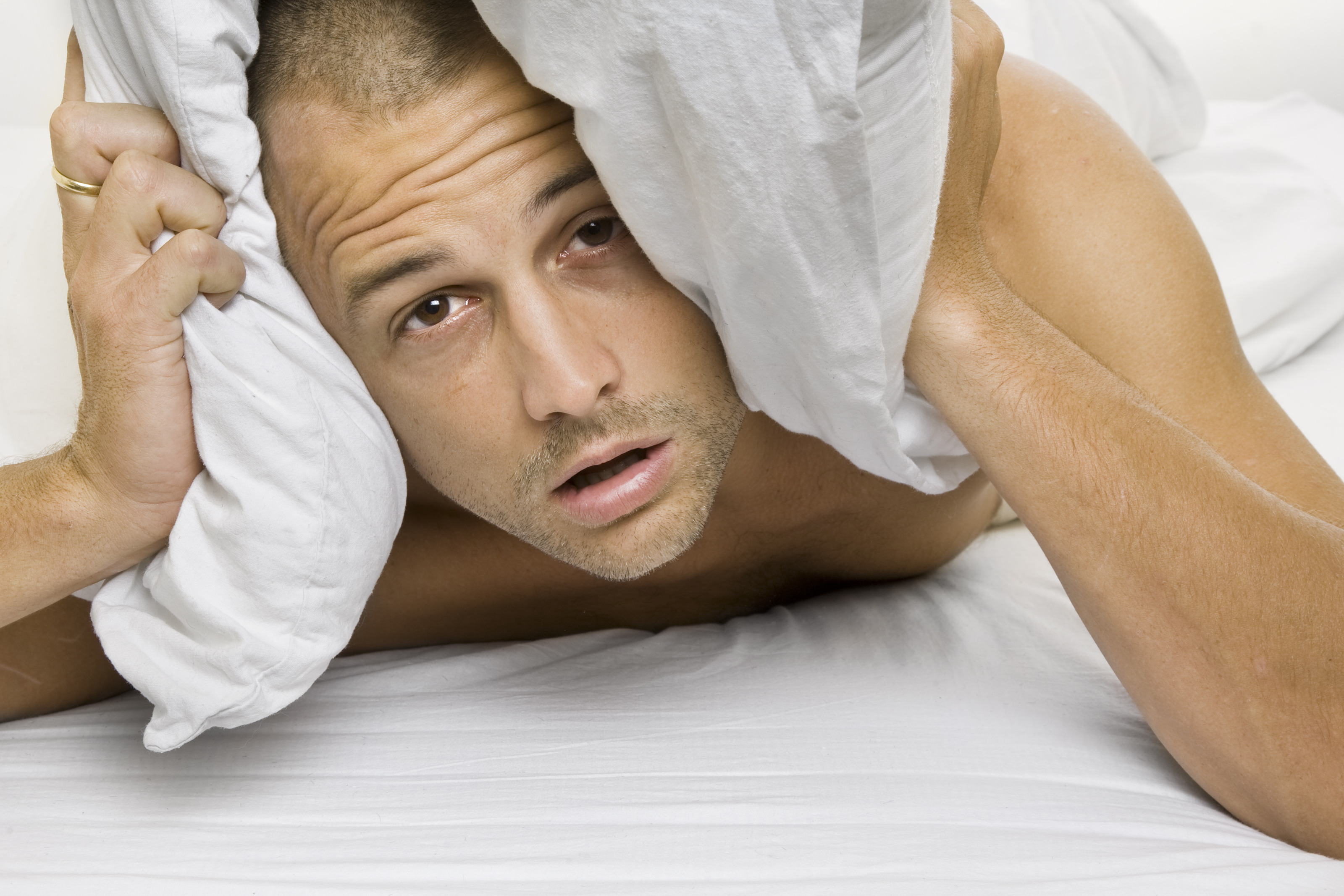Dr. Batra eloquently explains the importance of sleep, how being deprived of it hurts us, and how to get help.
-JR
How sleep, or lack of it, affects our health
By Vikas Batra, MD
Having a good night sleep is very important. If you are not sleeping well, or are not rested in the morning, seek help. You may have a sleep disorder that can be treated.
Treatment of sleep disorders may help you manage your chronic diseases better, and may improve your health and longevity.
Treatment of sleep disorders may help you manage your chronic diseases better, and may improve your health and longevity.
About 70 million Americans suffer from sleep problems.
Insufficient sleep is a very common problem. It is so widespread that the Centers for Disease Control and Prevention (CDC) have called insufficient sleep a public health epidemic.
A Joint Consensus Statement of the American Academy of Sleep Medicine and Sleep Research Society recommends that Adults should sleep seven or more hours per night on a regular basis to promote optimal health.
Sleeping less than seven hours per night on a regular basis is associated with adverse health outcomes, including weight gain and obesity, diabetes, hypertension, heart disease and stroke, depression, and increased risk of death. Sleeping less than 7 hours per night is also associated with impaired immune function, increased pain, impaired performance, increased errors, and greater risk of accidents.
How does sleep deprivation hurt us?
Sleep deprivation has significant impact on our functioning and heath. It causes daytime tiredness and sleepiness. It causes lapses in attention and memory, and cognitive slowing. Learning and acquisition of new information is reduced. In fact, 24 hours of constant wakefulness reduces cognitive psycho-motor function to a level equivalent with having a blood alcohol level of 0.10.
What are the benefits of sleep medicine?
Sleep medicine is a medical subspecialty devoted to the diagnosis and treatment of sleep disorders. Nearly 70 million Americans suffer from chronic sleep disorders like Obstructive Sleep Apnea, Insomnia, Periodic Limb Movements, Restless Leg Syndrome and Narcolepsy.
A sleep study may involve sleeping overnight in a sleep lab to diagnose various sleep disorders. Most common being sleep apnea. Sometime a Home Sleep Test can be performed to diagnose sleep apnea. Sleep studies can also help diagnose other conditions, such as periodic limb movement disorders and sleep-related movement disorders.

No comments:
Post a Comment